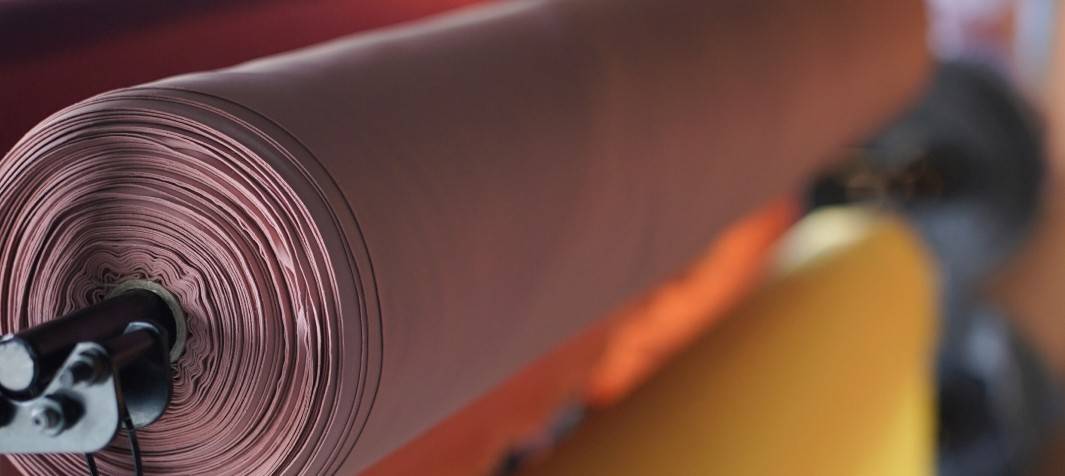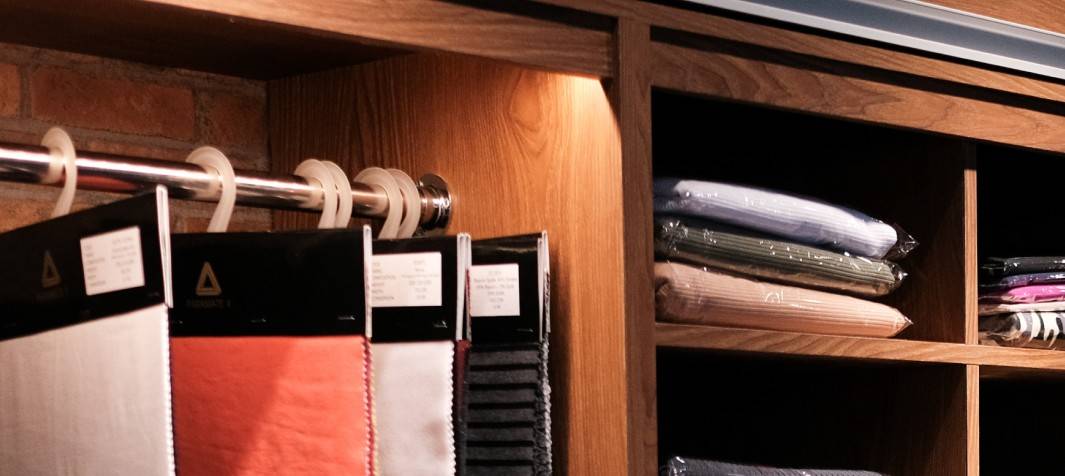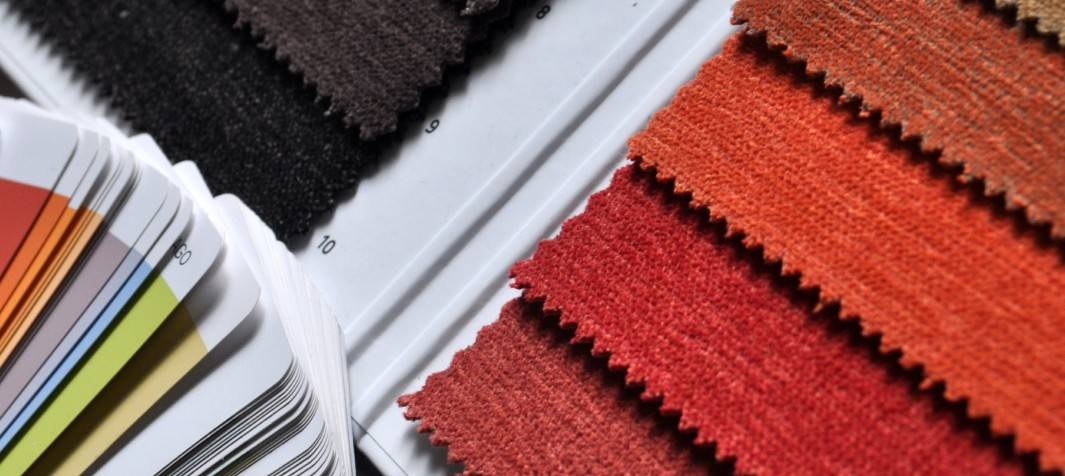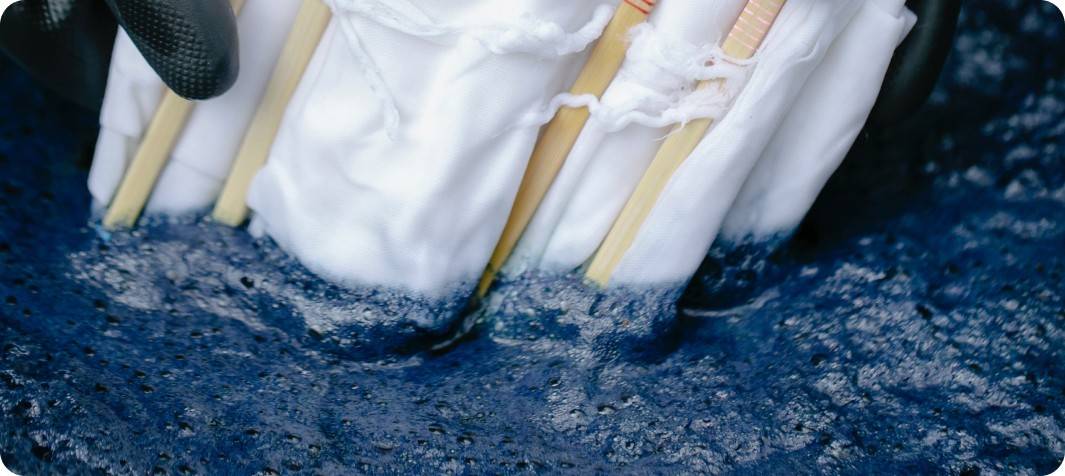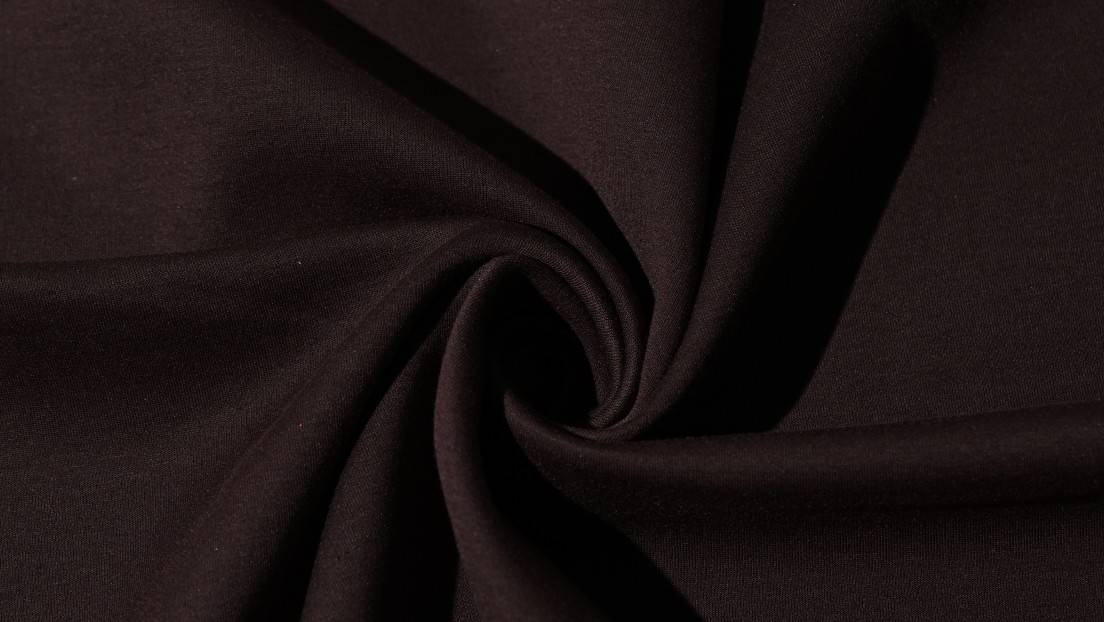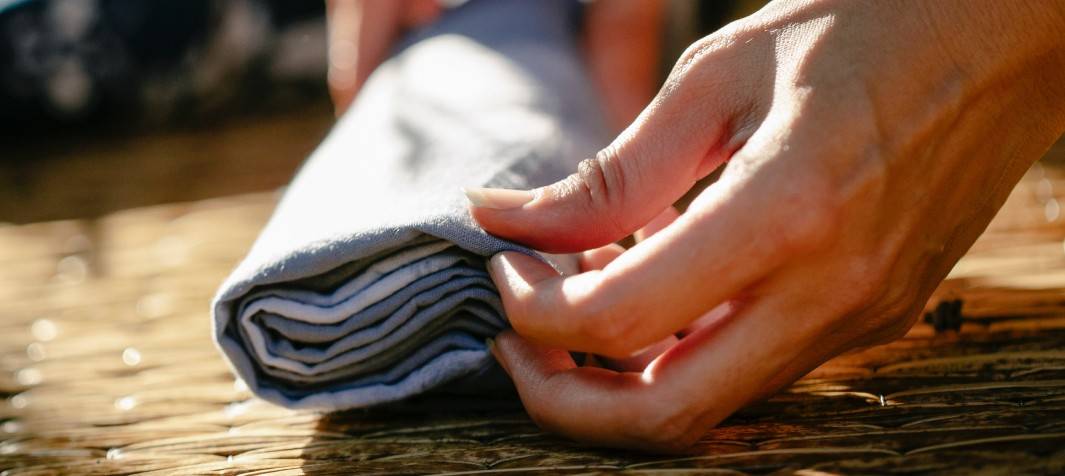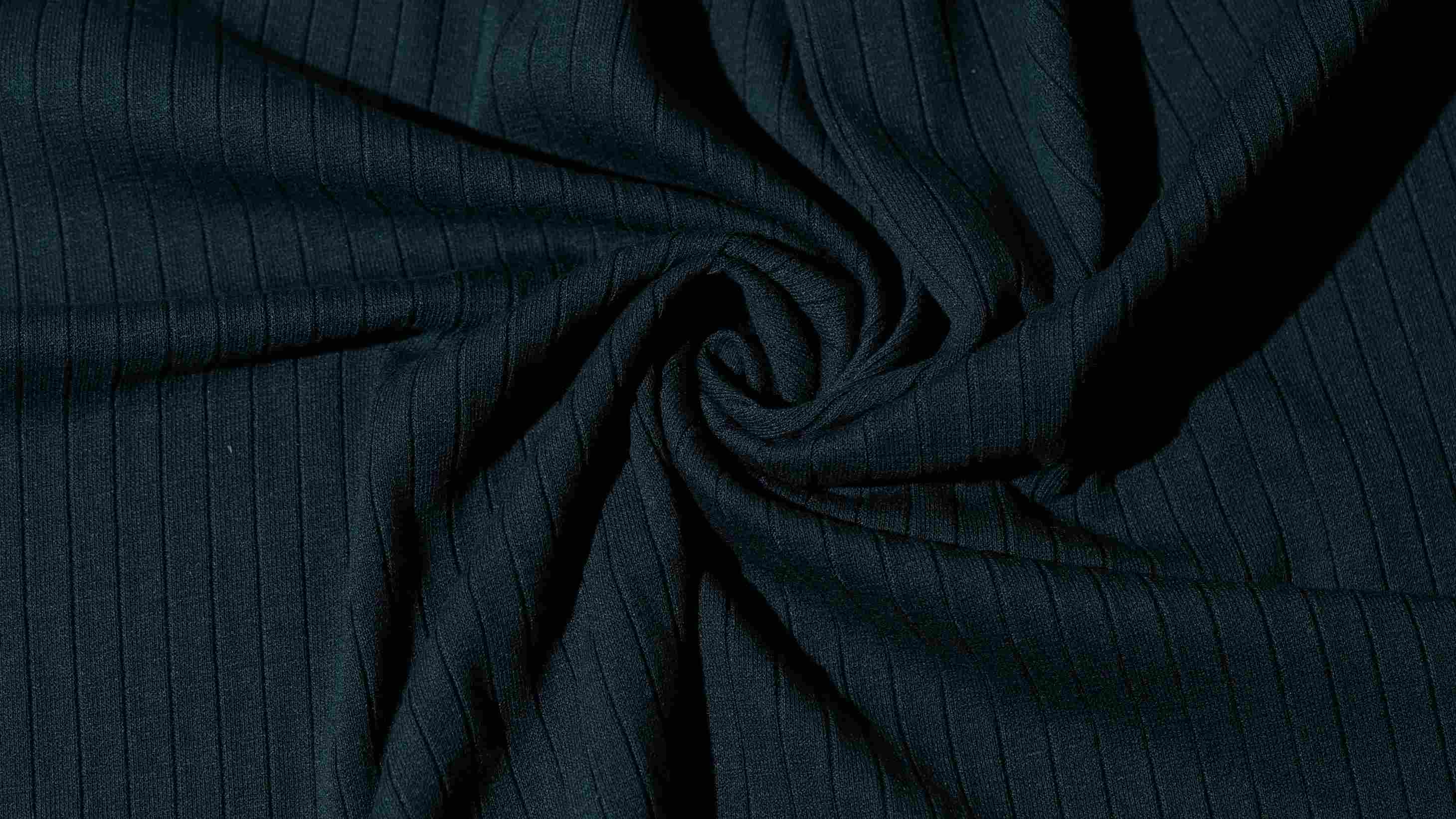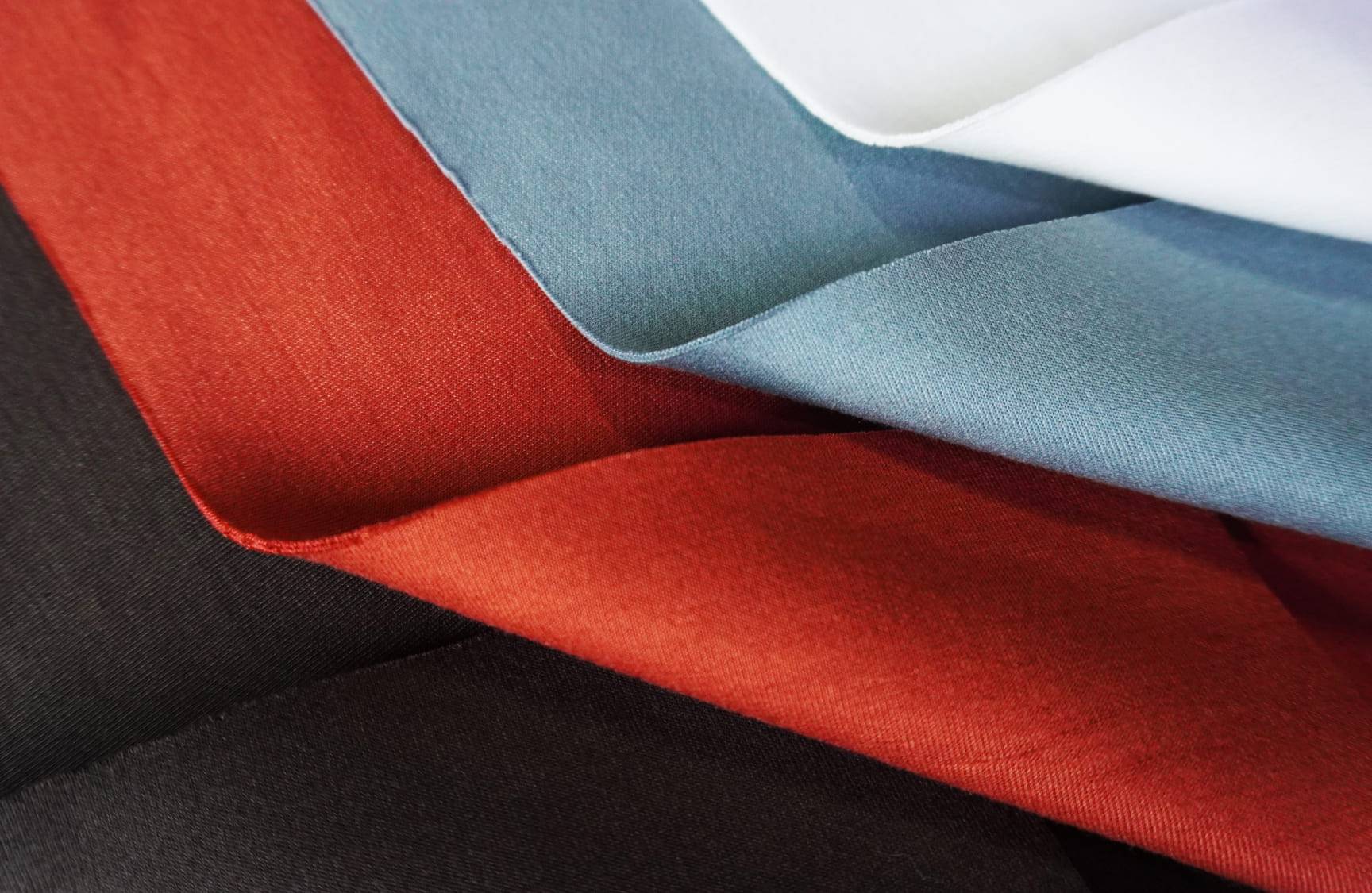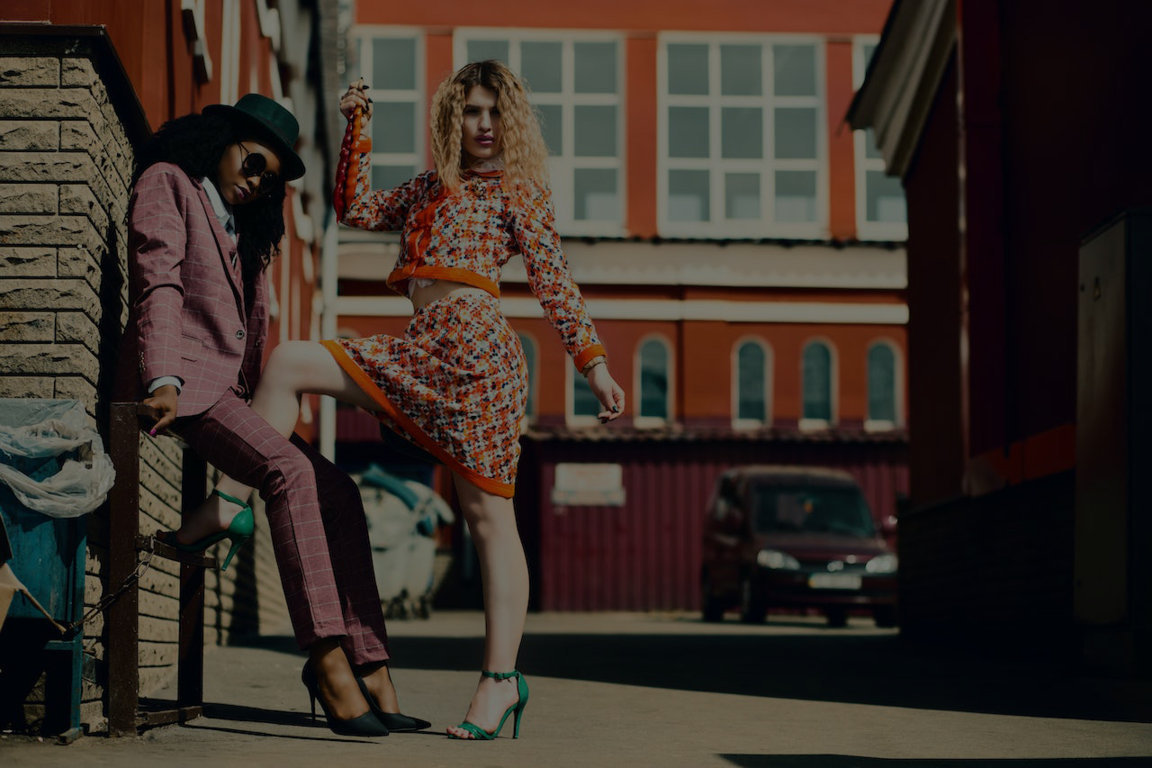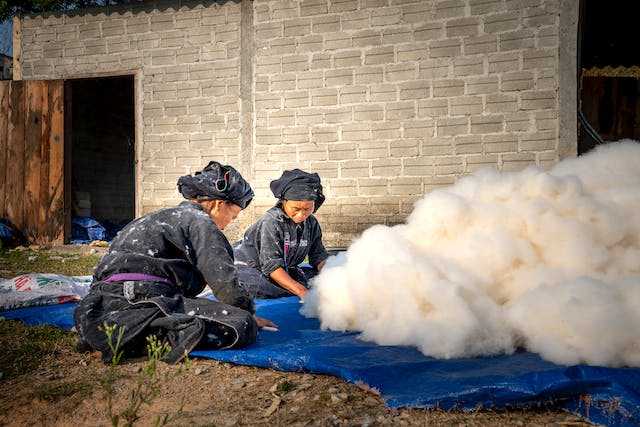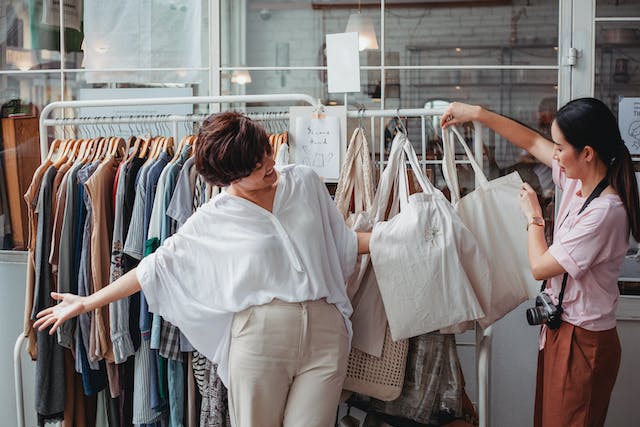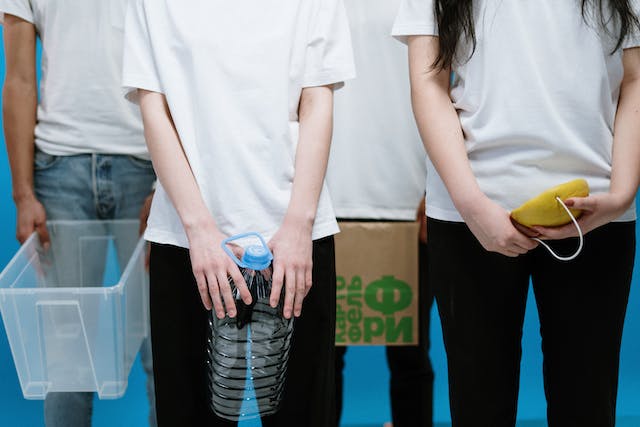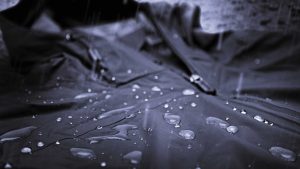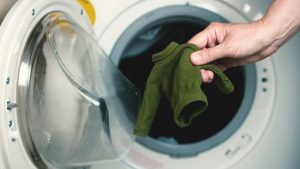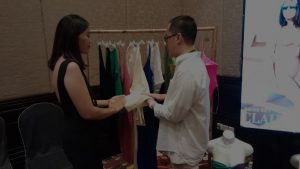Slow fashion is a revolution in the world of fashion that emphasizes quality, sustainability and ethical production over quantity. In contrast to the fast fashion production model which encourages rapid mass production, slow fashion focuses more on processes that involve workers, environmentally friendly production processes, and the use of quality materials. This is done because slow fashion pursues quality and long-lasting finished products. In general, slow fashion views fashion as an investment, created to last a long time, and have a positive impact on the environment and the lives of workers. Here are some of the main aspects of the slow fashion concept:
Responsible Production Patterns
Responsible production patterns in slow fashion create a transformation towards a sustainable fashion industry. With a focus on quality, ethics and sustainability in the production process. Eco-friendly materials are selected to reduce ecological impact, while local production supports the economy of the local area and reduces the carbon footprint. The meticulous production process ensures that each garment is made to the highest standards, focusing on environmentally friendly production processes and high durability. Fair wages and transparency in the supply chain ensure that every element of slow fashion reflects integrity and care for the environment and society.
Quality Over Quantity
Slow fashion represents a revolution in the clothing industry, placing quality over quantity. With a focus on meticulous production, each garment is carefully crafted to ensure durability and beauty. Slow fashion designers choose environmentally friendly materials and ethical production practices, they break away from the pressure of seasonal trends, and prefer to create designs that are durable and timeless. By prioritizing sustainable values, slow fashion invites us to view clothing as not just fashion that can change quickly, it is also a form of investment.
Recycling and Reuse
In the slow fashion concept, recycling and recycling are the main pillars. Clothing is seen as a long-term investment, where environmentally friendly or recycled materials are utilized to create functional works of art. The production process prioritizes the lifetime of a garment, reduces textile waste and gives used materials a second chance to be reused. Slow fashion puts attention into every cut and color, showing that beauty can be found in responsible creativity. By encouraging recycling and reuse, slow fashion builds a bridge between personal fashion and sustainability, creating clothing that is more than just a trend.
The Importance of Production Ethics
Ethical production is a strong foundation in slow fashion, marking a positive difference in the world of clothing. Every production step is based on the values of worker welfare, fair wage payment and safe working conditions. Slow fashion brands have implemented the principle of transparency by disclosing the origin of materials and production locations. This is not just about clothing, but also about respecting human rights and avoiding exploitation.
Long Lasting/Durability
Durability plays a central role in the principles of slow fashion. Each garment is produced with care and using high quality materials, exceeding industry standards in general (fast fashion). The products produced are designed to last for a long period of time, in stark contrast to the current industry trend which favors fast fashion. By emphasizing the durability factor in fashion products produced, slow fashion not only meets current fashion needs, but can also be passed on to future generations.
Transparency in the Supply Chain
Transparency is the essence of slow fashion because it reveals the entire process in the fashion industry. These well-known brands are committed to disclosing every step in the supply chain in the production process, from the origin of the ingredients to the production location. By providing information openly, slow fashion can build consumer trust and prioritize production ethics. Consumers can have the option to make choices according to the principles they hold.
Of the entire discussion regarding slow fashion above, one of the things that is most often discussed is the selection of quality raw materials so that the finished product can be long-lasting and long-lasting so that users don’t need to shop for clothes often so that textile waste is also reduced, well… although not much, but small steps can become big if done by many people.
So, from the aspect of raw materials, we, the Paramatex Fabric Shop, are proud to claim that the fabric we provide is of such high quality that it is guaranteed to be able to facilitate slow fashion needs. Paramatex fabric shop is located on Jl. Imam Bonjol No. 401, Denpasar, Bali.
You can also contact us directly via WA 0853-3883-3779, our team will always be ready to respond to all your questions and orders at any time.
Or for those of you who still want to see various types of fabric from the Paramatex tap imager to come to the showroom, you can continue to explore this website, because here there is also information about all the fabrics that we provide. Or you can also directly click this link:
